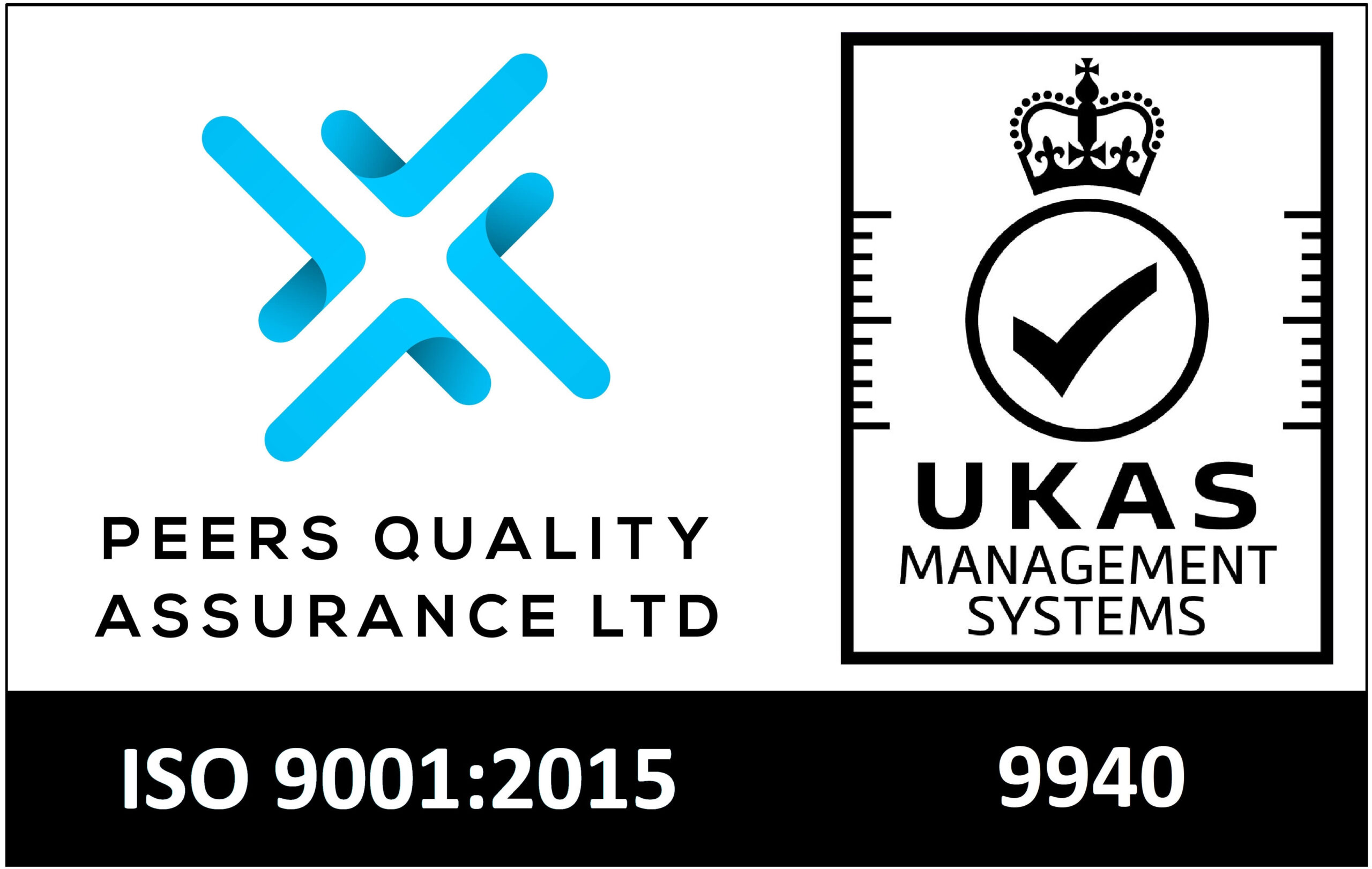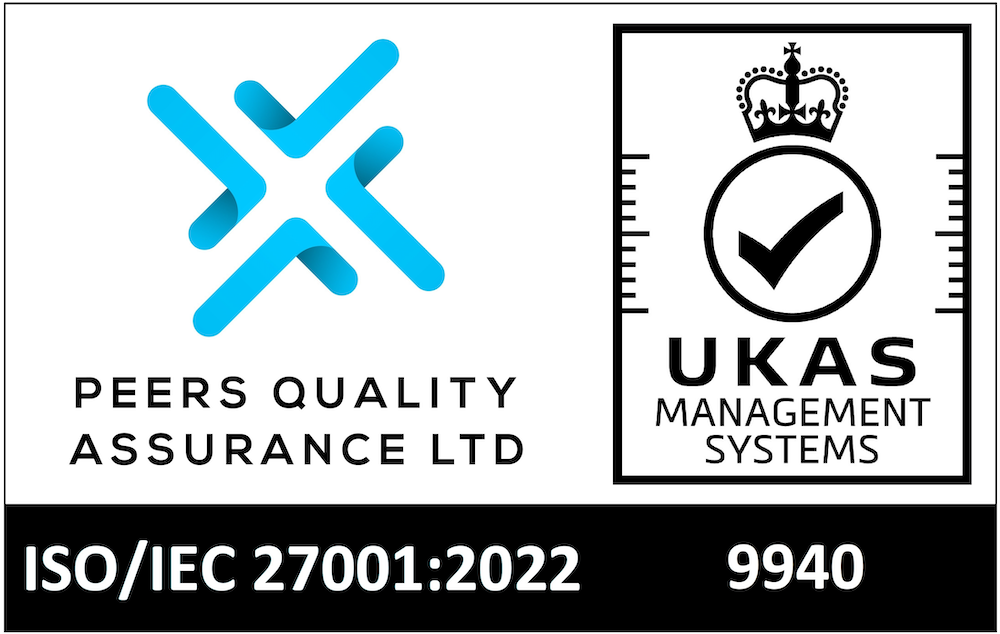Author: Joey Lyons
The Human Resource Department: When companies grow, and as people move on, the Human Resource department can often be left behind as the business concentrates on operational excellence. Refreshing your HR department will not only make it more efficient it will also make sure that your people processes are adding value to the organisation as a whole.
As a way of helping you on this journey here are but a few tips to revitalising your HR crew and getting them on the road to being world class.
Tip 1 – decide what you want great to look like. It seems simple but it’s surprising how few people have really decided what a world class HR department looks like. You need to sit down and sketch out how things should operate in the new world. Make sure you take in the thoughts of your senior managers as the ‘customers’ of HR.
Tip 2 – communicate your vision. It’s no good having a vision of how you want your department to look without telling anyone about it. Communicating your vision of how you want things to be will do two things. It will instil confidence in staff that they are not forgotten after all and when they understand the plan and their part in it you may be happy to find that they begin to take action themselves to make it happen.
Tip 3 – Put the right person in charge. HR is a difficult discipline to master and too often people in charge are simply the people who understand it best. It is a fact that a top class department needs a top class manager. Putting a livewire, motivated HR professional in charge who has experience in business partnering for example will encourage the staff to think a little wider and start to add value to the business.
Tip 4 – Make sure you have the right staff and the right skills in place. As businesses grow they find that they outstrip the skills that were once perfectly adequate. Take a look at what skills you need for the future and the skills that are currently in place. Then assess whether you can invest in training your staff to increase capability or whether you need to bring in specialists from outside. A small investment in some training for staff will also help motivation. You also need to be fairly realistic about the potential of the people in place; are they square pegs in round holes? Do they have the capability of rising to the challenge? How up to date is your pre employment screening process.?
Tip 5 – Get the basics right. Make sure that you have a sound footing for your department by having a comprehensive and legal set of policies in place. If you have to then spend money on a top class consultant to get them in and sort out your policies and procedures as a great foundation for the future.
Tip 6 – Include your HR staff. When meetings are set that don’t necessarily involve personnel then it’s natural not to include them but inviting a member of the team, whilst it may not add anything directly to the meeting (although often it does) adds intelligence back into the department. HR staff not only feel included but also gain valuable background information for when they are recruiting and setting up training for instance.
Tip -7 Think about your systems. This is another area that tends to get forgotten when a company expands but that can often end up being more of a hindrance than a help. Get a specialist in to look at the systems you use and advise whether you need to change and what the benefits will be. The best HR departments run the simple functions of the role automatically, leaving staff to concentrate on the areas where they add the most value.
Tip 8 – Put HR at the centre of the business. People make businesses and relegating your HR department to being simply a functional area that processes staff is to miss the most valuable aspect of the profession. HR is the first part of the company that many staff see and having successful committed people in place simply sets your employees off on the right course for a great career with your business.
This is not an exhaustive list but it will give you a start on the road to having a great HR team which can add massively to the management of the business. A little time spent understanding and communicating how you would like things to be, can pay terrific dividends to the firm.
By Stuart Walker






